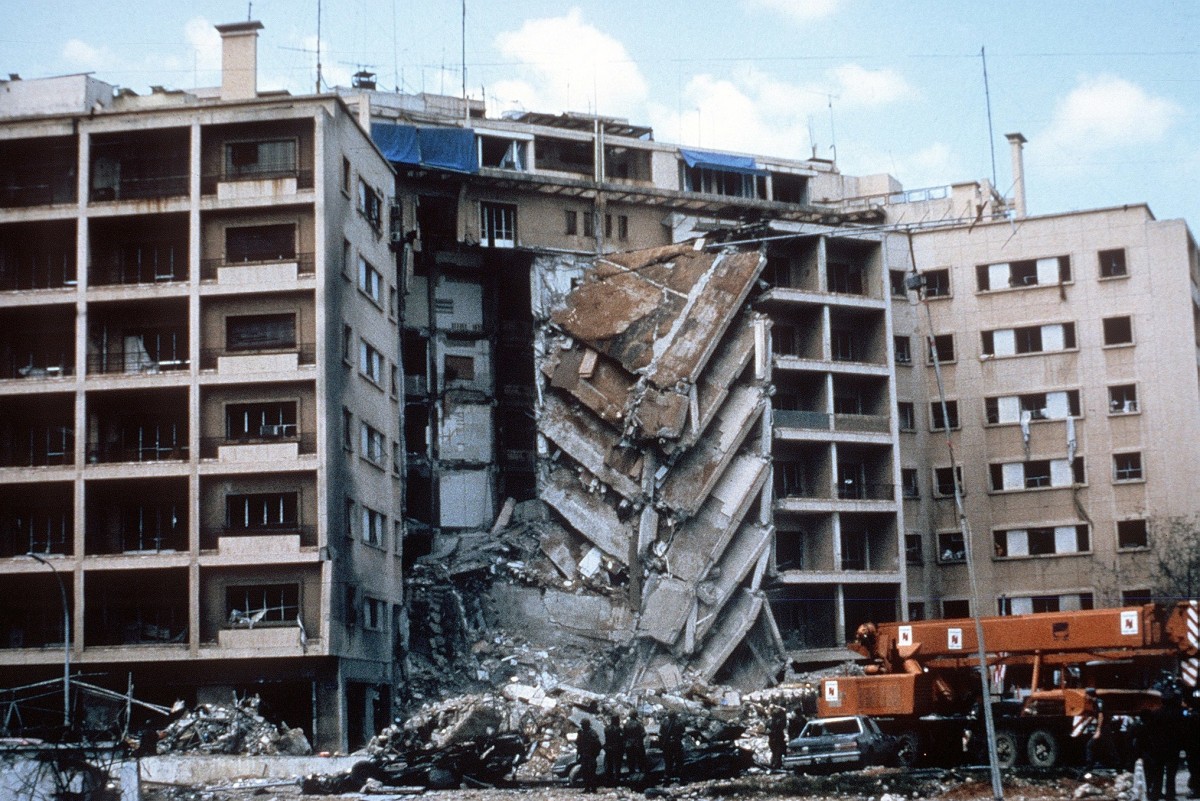Sponsored Content
Global Food Crisis: Lebanon Receives Aid From Austria
By intervening in Ukraine, the Russian war of aggression and resulting food crisis have exacerbated the already existing humanitarian crisis in Lebanon. Financial resources from the Foreign Disaster Fund have recently been released by the Austrian Federal Government to assist on the ground in order to help.
 Rising grain prices are putting aid organisations in Lebanon under severe pressure. / Picture: © Wikimedia Commons / US Army, Public domain
Rising grain prices are putting aid organisations in Lebanon under severe pressure. / Picture: © Wikimedia Commons / US Army, Public domain
The already existing humanitarian crisis in Lebanon has been exacerbated by the Russian war of aggression in Ukraine and the resulting food crisis.
Aid organisations on the ground are confronted with the situation of not being able to make ends meet due to sharply rising prices for basic foodstuffs, such as wheat, and are urgently appealing for help. Financial resources are…
or Log In
Fast News Search





